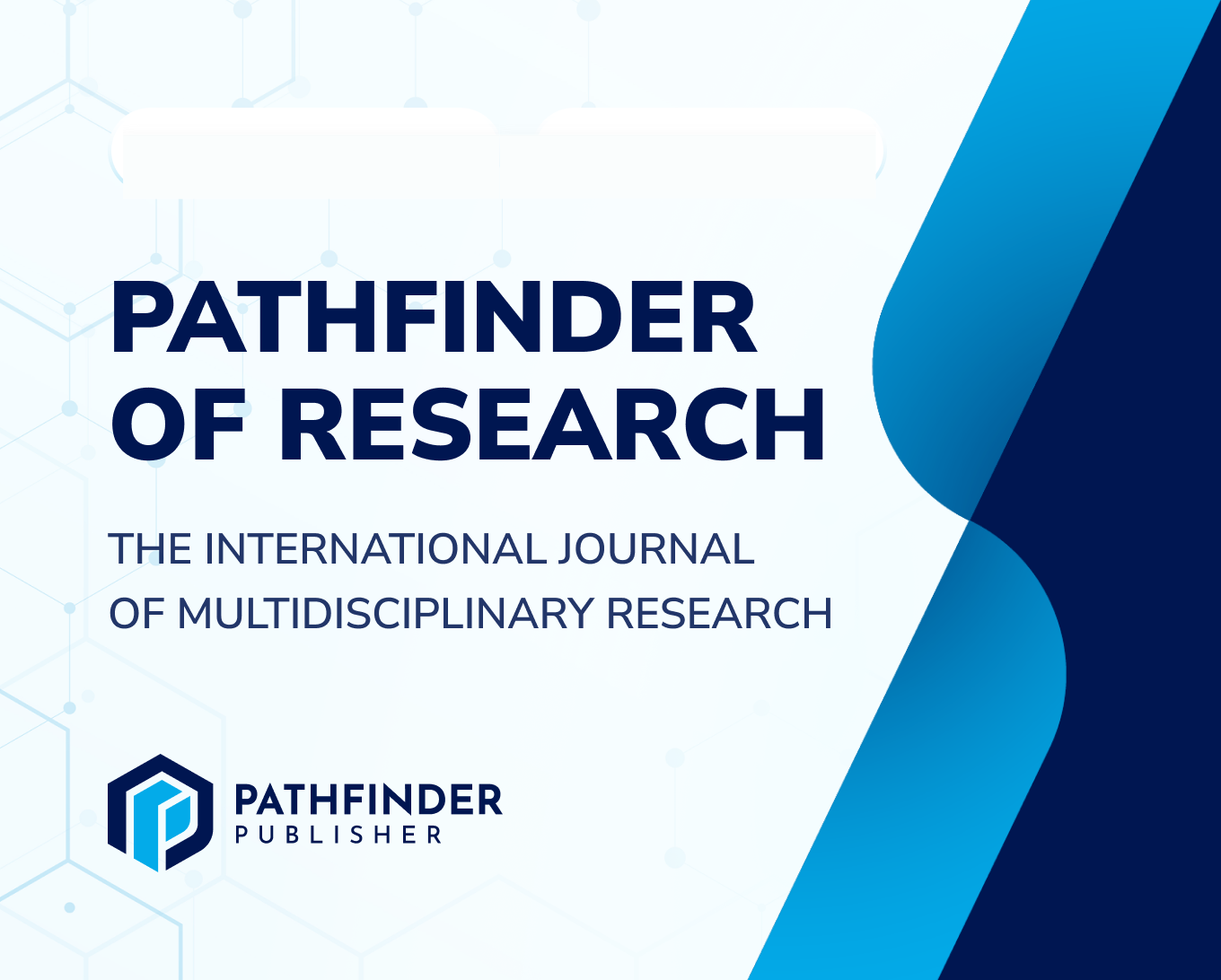Post-COVID-19 Workforce Management in U.S. Healthcare: Burnout, Retention, and Strategies for Enhancing Cultural Competency
DOI:
https://doi.org/10.69937/pf.por.3.1.47Keywords:
Burnout, Workforce Retention, Cultural Competency, DEI, Post-COVID-19, Health Policy, Psychological SafetyAbstract
The COVID-19 pandemic magnified persistent structural weaknesses within the U.S. healthcare workforce, intensifying psychological strain, professional exhaustion, and staff turnover. This scoping review synthesizes 40 peer-reviewed studies published between 2020 and 2024 to examine key drivers of post-pandemic burnout, identify system-level factors influencing workforce attrition, and assess the role of cultural competency in enhancing organizational resilience. Findings indicate that a lack of work-life balance, moral injury, and inadequate institutional support remain the dominant contributors to burnout. Thematic analysis highlights several effective retention strategies, including inclusive leadership, flexible scheduling, and trauma-informed support systems. Cultural competence implemented through equity audits, diverse hiring panels, and culturally responsive mental health resources emerged as a critical moderator of employee engagement and psychological safety. Institutions that embedded cultural inclusion within governance frameworks reported notable improvements in job satisfaction, reduced attrition, and enhanced workforce cohesion. This study advocates for equity-centred leadership, the institutionalization of DEI practices, and a redefinition of burnout and retention as strategic, not peripheral, concerns. Policy recommendations include mandated DEI metrics, psychological safety standards, and intersectional workforce accommodations. Overall, this review positions cultural competency as a foundational pillar of post-pandemic workforce recovery and sustainability in American healthcare.



